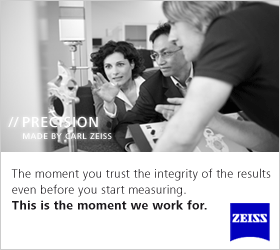My wife and I were waiting near the departure gate at a miniature regional airport in Louisiana when the announcement blared: “Due to weather in Atlanta, your scheduled flight will not be disembarking for 15 minutes.” Dismayed by the news, we exchanged worried looks and prepared for the worst. We had two further connections to make after Atlanta, where we’d be dealing with a layover of 1 hour and 20 minutes. It wasn’t lost bags or missed connections that concerned us; it was the wedding in Scotland to which we’d been invited.
…

Comments
Meathead
Why are we more likely to seek guidance from the Internet than from the employee at the desk?
Because we assume the willing worker behind the counter is a meathead?
No discussion?
No disucssion from anyone about name calling in an article? No response from anyone?Do you think Taiichi Ohno called people derogatory names? Does it help in solving process problems? The person behind the counter is independent from the supporting systems and information provided? Would the Quality Digest Editors be willing to share the throught process behind allowing such text? How does it help the reader's understanding and compentency for anything?
Add new comment